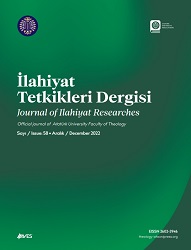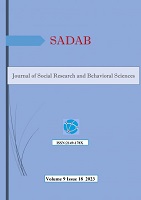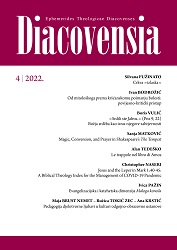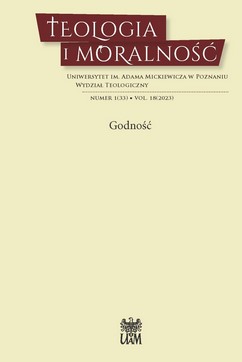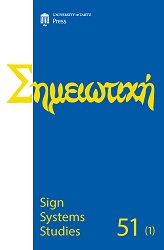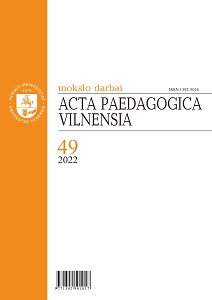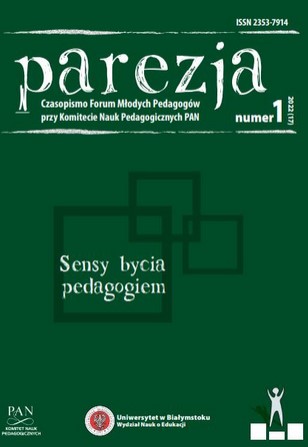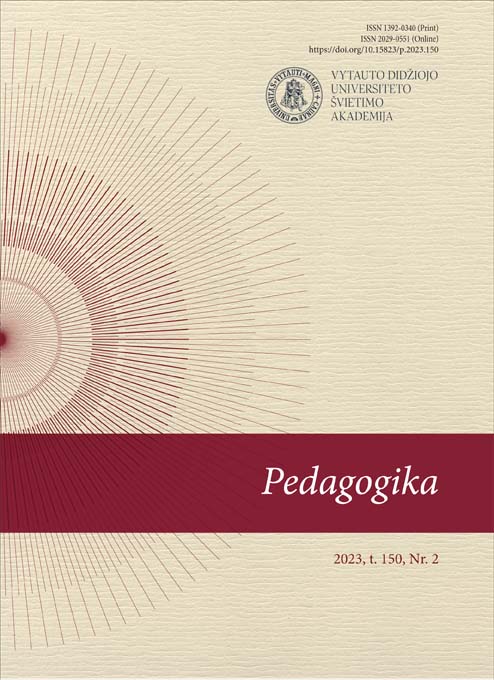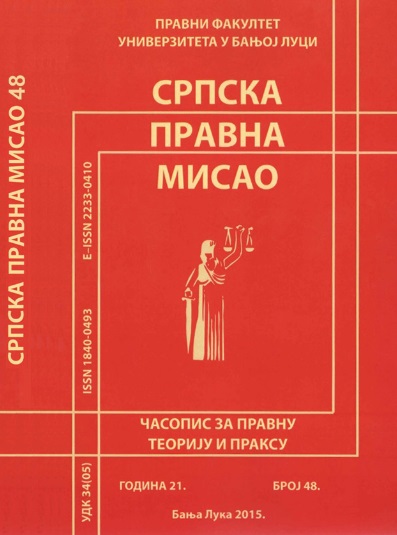Dispositions toward Critical Thinking in Portuguese Undergraduate Students
Background/purpose – This study aims at identifying differences in the level of critical thinking dispositions according to the sociodemographic (gender, age) and academic characteristics (study field) of undergraduate students in Portugal. Materials/methods – We conducted a cross-sectional, descriptive correlational study with a convenience random sample of 1017 students. Most of the participants were female (76.8%) and the average age of respondents was 21.8 ± 4.22. For data collection, we used the Critical Thinking Dispositions Scale (CTDS), consisting of 35 questions, validated for the Portuguese population. In the statistical analysis, we used the T-student, ANOVA and hierarchical multiple regression model. Results – The students showed an average positive disposition for critical thinking (the average score in the CTDS was 279.1 ± 27.1). The results demonstrated that gender, age and field of study influenced the dispositions for critical thinking. Older girls, attending courses in the field of Biomedicine were the ones with higher disposition to think critically. Conclusion – Female students generally show higher critical thinking scores dispositions regardless the study field.
More...
